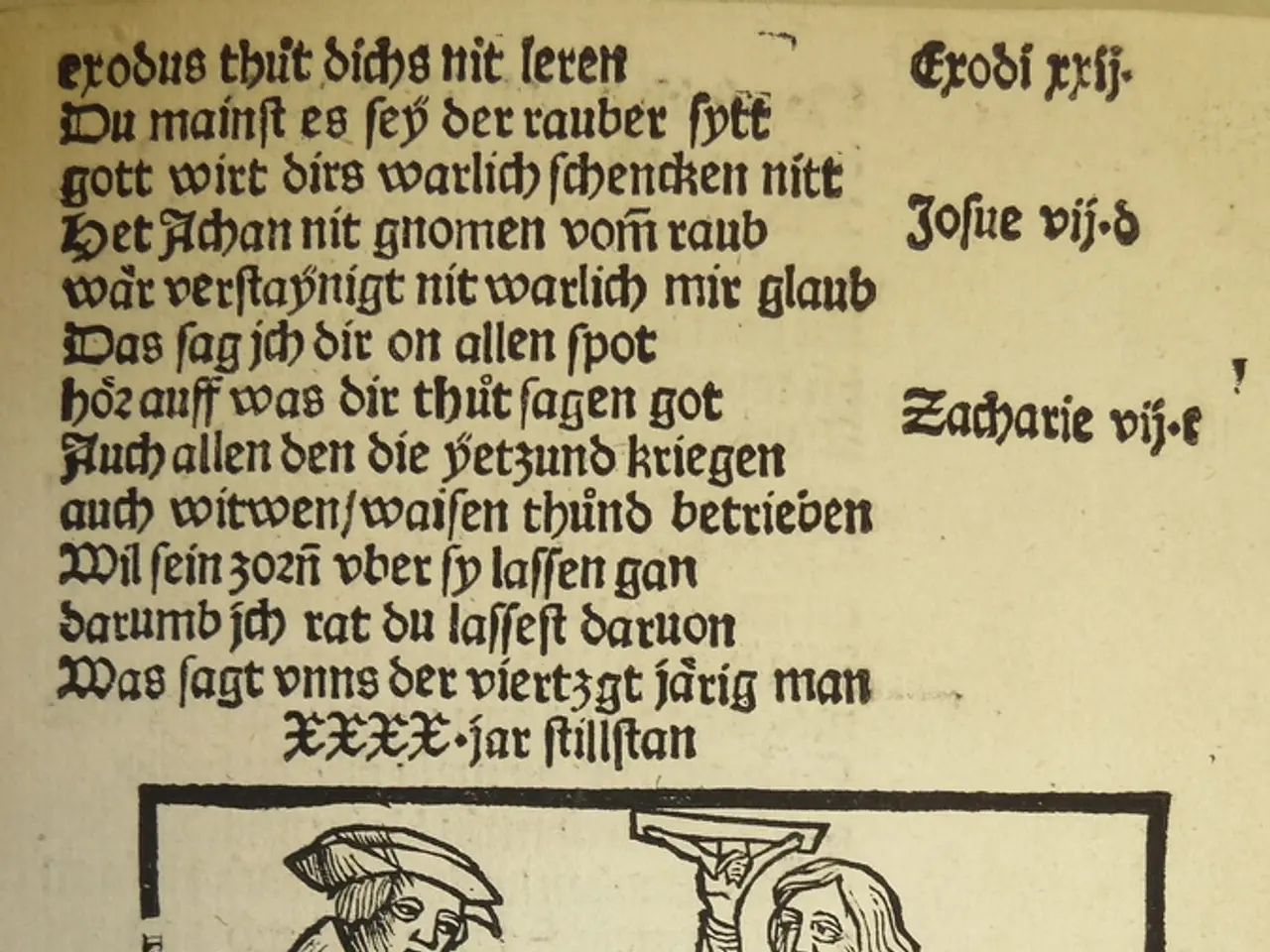Exploration of Yoko Tawada's Berlin: Deconstructing stereotypes and uncovering deeper layers
Yoko Tawada, a renowned author born in Tokyo in 1960, has made Berlin her home since her twenties and moved there permanently in 2006. Writing in both Japanese and German, she is a prolific contributor to the literary world, publishing fiction, nonfiction, poetry, essays, and plays in both languages.
Tawada's unique position as a bilingual and bicultural author allows her to delve deeply into themes of language, identity, and cultural boundaries. Her works often involve exophony—writing in a language other than one’s mother tongue—which she exemplifies through her prolific output in German as a native Japanese speaker.
Berlin, with its cosmopolitan atmosphere, is the perfect setting for Tawada's innovative literary work that transcends linguistic and national borders. Her writings often depict an absorbing in-between state, a shimmering multiplicity of meaning, and a city that is a constant metamorphosis, perfectly mirroring the inside of her brain.
Tawada's Berlin is a multifaceted city, an amusement park of the senses, a rehearsal for revolution, a restaurant where loneliness is devoured, and a workshop for words. In her book, Three Streets, she conjures a place simmering with literary potential energy, bringing her interest in metamorphosis and the blurring of representation and reality to bear on Berlin's geography.
Tawada's literary contributions have earned her prestigious awards in both Japan and Germany. She has won the Akutagawa Prize and the Tanizaki Prize in Japan, and the Adelbert von Chamisso Prize and Goethe Medal in Germany. Her works have also been praised for her profound erudition, linguistic innovation, humane experiments in climate dystopia, and principled opposition to xenophobia.
As a member of the alternative literary canon curated by New Directions, Tawada is often considered the great author of international Berlin today. Her books, translated into English by Margaret Mitsutani or Susan Bernofsky, continue to attract international attention and acclaim.
In essence, Yoko Tawada is celebrated in Berlin as a leading international author because of her bilingual creativity, cultural mobility, and influential literary voice that challenges and enriches contemporary literature across languages.
- Yoko Tawada's literary works, such as her book, Three Streets, demonstrate her interest in metamorphosis and the blurring of representation and reality, which can also be seen in Berlin's ever-changing cityscape.
- Tawada's literary contributions, like her prolific output in German, exemplify exophony—writing in a language other than one’s mother tongue, showcasing her bilingual creativity that transcends linguistic and national borders.
- In exploring themes of language, identity, and cultural boundaries, Tawada's writings, much like fashion-and-beauty and food-and-drink, offer a shimmering multiplicity of meaning, inviting readers to experience and engage with her ideas.
- Berlin's cosmopolitan atmosphere resonates with Yoko Tawada's works, creating a perfect environment for experimentation, much like a home-and-garden is a place for nurturing and growth, or shopping can be an exploration of personal and cultural identities.






